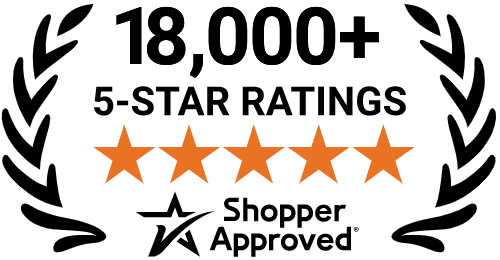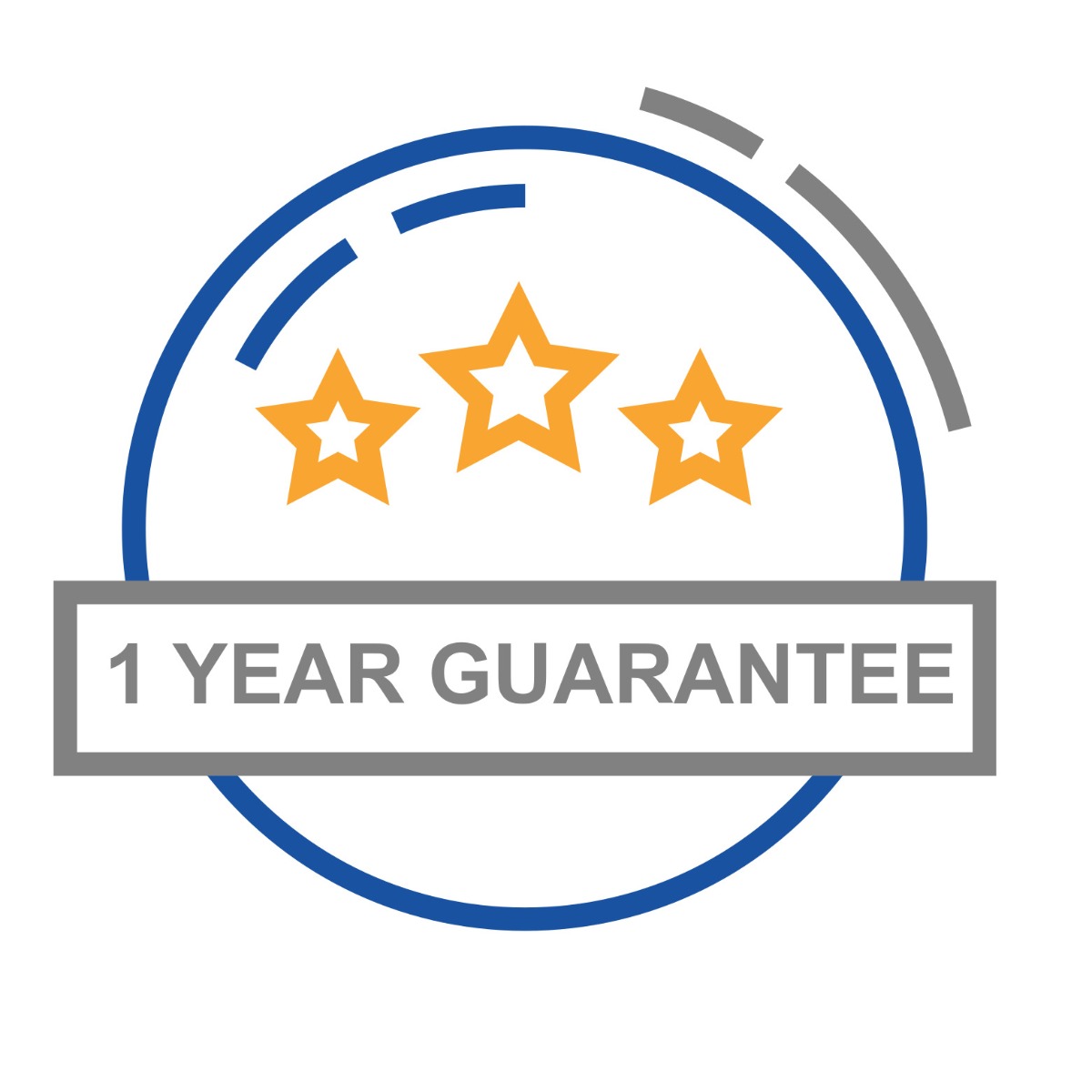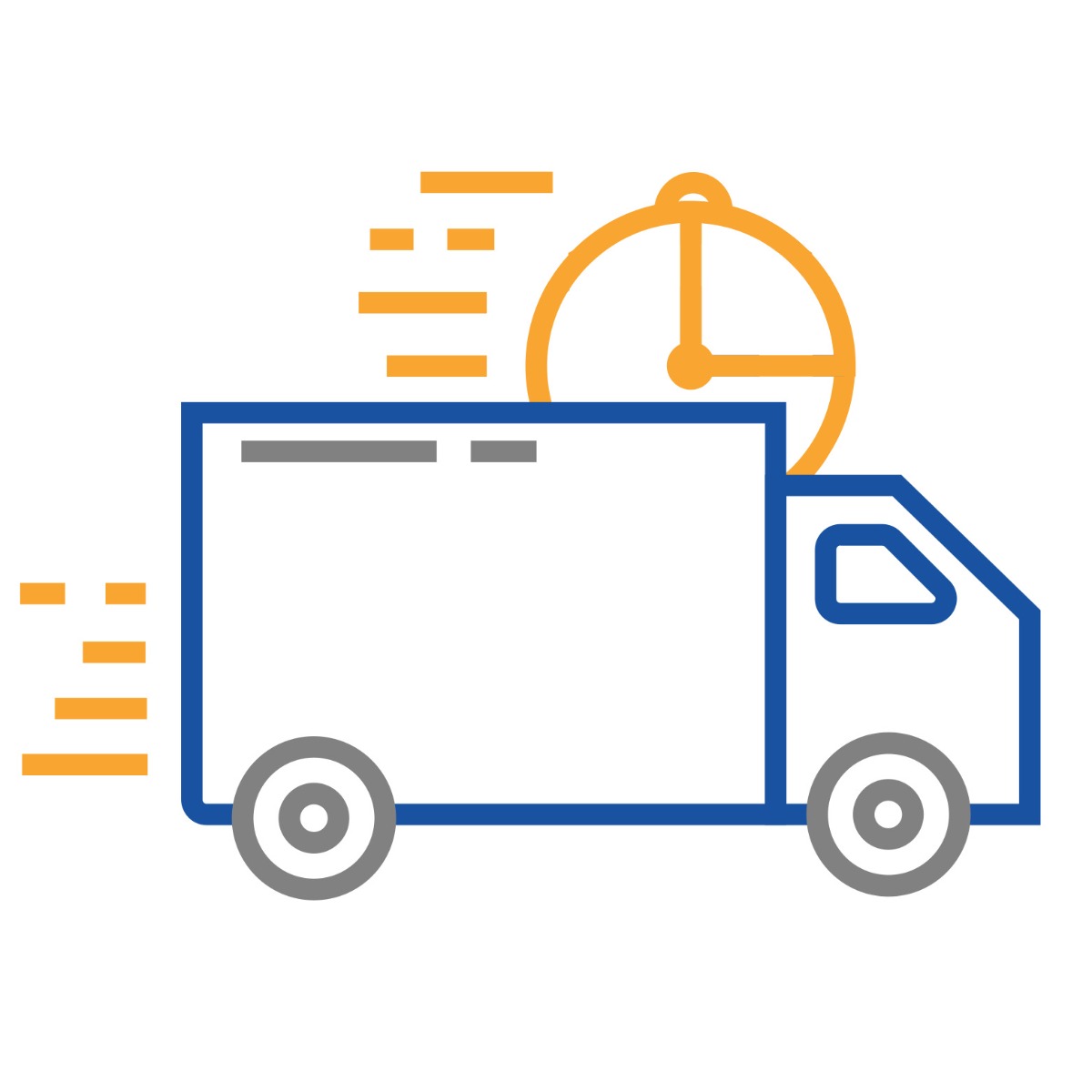How to Protect Yourself From Being Bugged by Hidden Cameras?
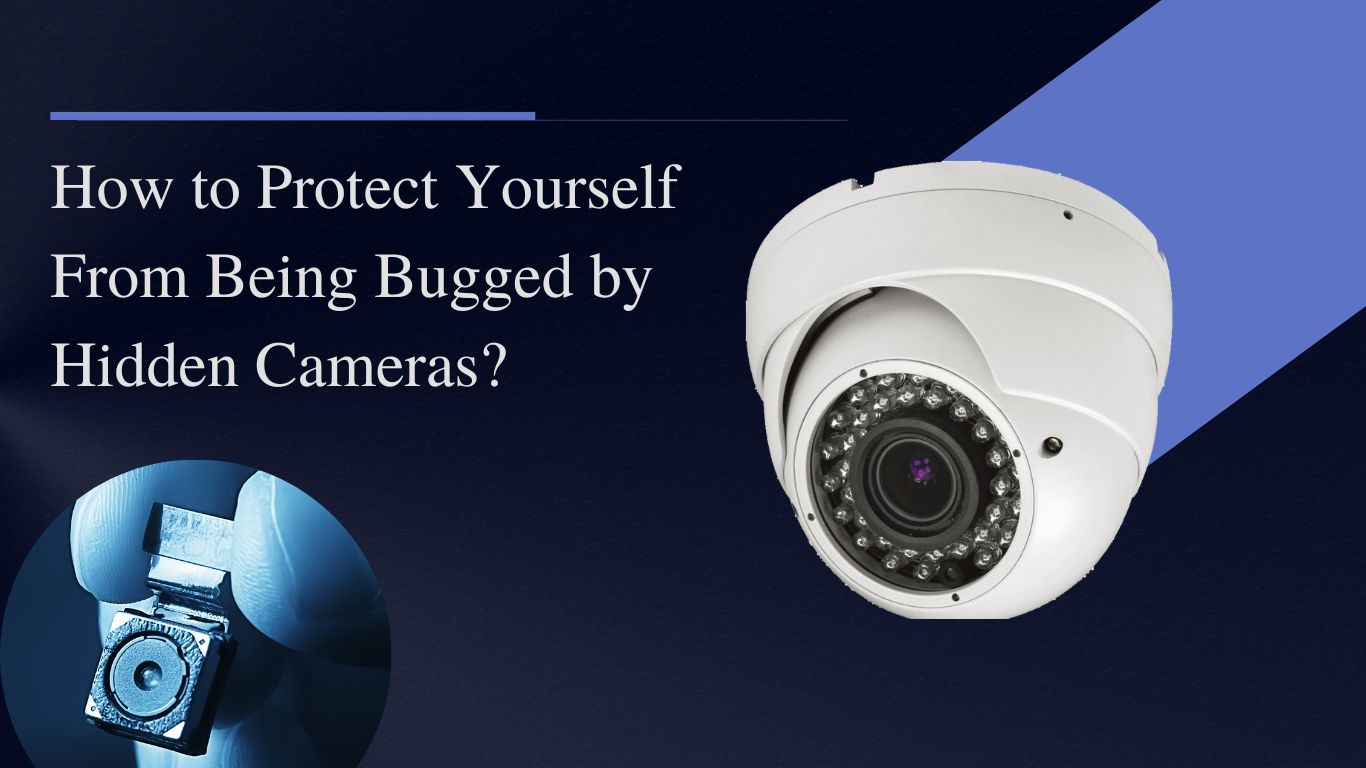
With the advancement of technology, hidden cameras have become increasingly sophisticated and affordable, making them accessible to a wide range of people. While these cameras can be used for many legitimate purposes, such as home security, they can also be used for malicious purposes, like spying on individuals. Have you ever felt like someone or something is watching your every move? If so, you’re certainly not alone—illegal hidden cameras have become an increasingly common issue in homes, businesses, and public spaces for years now. Sadly, a startling number of individuals are unaware of such surveillance devices or how exactly to protect themselves from them. In this post, we’ll cover the basic tips and tricks you need to know in order to safeguard yourself against potential surveillance activity conducted by hidden cameras--so that you can feel safe and secure wherever you go!
Know the Signs of a Hidden Camera
It’s also important to understand what signs you may detect that could indicate the presence of a hidden camera. One of the first steps in protecting yourself from being bugged by a hidden camera is to be aware of the signs that one may be present. Be on the lookout for any objects that appear out of place, such as cords running along walls or ceilings that don’t seem to lead anywhere. It could also be worth checking for small holes in objects such as lamps and air vents where a camera lens might be peeking through. Small pinholes or lenses, strange or out-of-place objects, or blinking lights. If you notice any of these signs in a room or space where you suspect a hidden camera may be present, it's important to investigate further.
Use a hidden camera detector: Protect your privacy and stay one step ahead with a hidden camera detector! This simple device is an affordable way to check for any unwelcome cameras that are lurking in the shadows. With just a press of a button, it will emit high-frequency signals which can detect their presence - giving you peace of mind when enjoying some private moments at home or work.
Check your surroundings: Before entering a space where you suspect a hidden camera may be present, take a few minutes to thoroughly examine your surroundings. Look for anything out of the ordinary or out of place, such as an object with a lens or a pinhole, a small light or LED, or any other suspicious object.
Cover lenses: Another way to protect yourself from being bugged by a hidden camera is to cover any lenses you suspect may be present. This can be done by using a simple piece of tape or a sticker to cover the lens, preventing it from capturing any images.
Secure your home: Ensure your home is an impenetrable fortress to protect yourself against unwanted surveillance! Keep all doors and windows secure, plus install a security system with cameras for extra protection. With these simple measures, you can be confident that your private moments remain just where they should - within the confines of your castle walls.
Keep your software updated: If you have smart devices in your home, like a smart TV or Alexa, it is important to keep your software updated to avoid any vulnerabilities which could allow unauthorized access. Having the latest software updates on your smart devices keeps them running smoothly and prevents unwanted visitors from accessing your information. Make sure to update yours often to stay safe and secure in your own home!
Be mindful of social engineering: Don't let strangers get their hands on your phone, laptop, or tablet—not even for a second! Even if they ask nicely and promise it'll only take a minute. They may try to install a bug or malware to gain access to your device without you knowing. Don't risk it; stay savvy with tech security!
Make use of privacy tools: If you are concerned about being spied on, use tools like Virtual Private Network (VPN) or Tor browser. These tools encrypt your internet connection, making it harder for hackers or anyone to monitor your activity.
It's important to remember that hidden cameras can be used for malicious purposes and that protecting yourself from being bugged is not a one-time task; it's an ongoing process. Regularly checking for signs of hidden cameras and taking steps to detect and prevent them can help keep you and your loved ones safe.
Additionally, it's essential to keep in mind that laws regarding the use of hidden cameras vary depending on the country, state, and context of the usage; it's always best to consult a lawyer or a legal expert if you have any doubts.
Different Types of Hidden Cameras Available in the Market Today
Hidden cameras come in a variety of different types, each with its own set of features and capabilities. Here are some of the most common types of hidden cameras available on the market today:
Pen cameras: These are designed to look like a pen and can be placed in a shirt pocket or desk. They are great tools for covert surveillance, allowing you to capture audio and video without being noticed. Whether it's a pocket-sized recorder or one that lies inconspicuously on your desk, these pens provide an innovative way to stay discreet when collecting evidence.
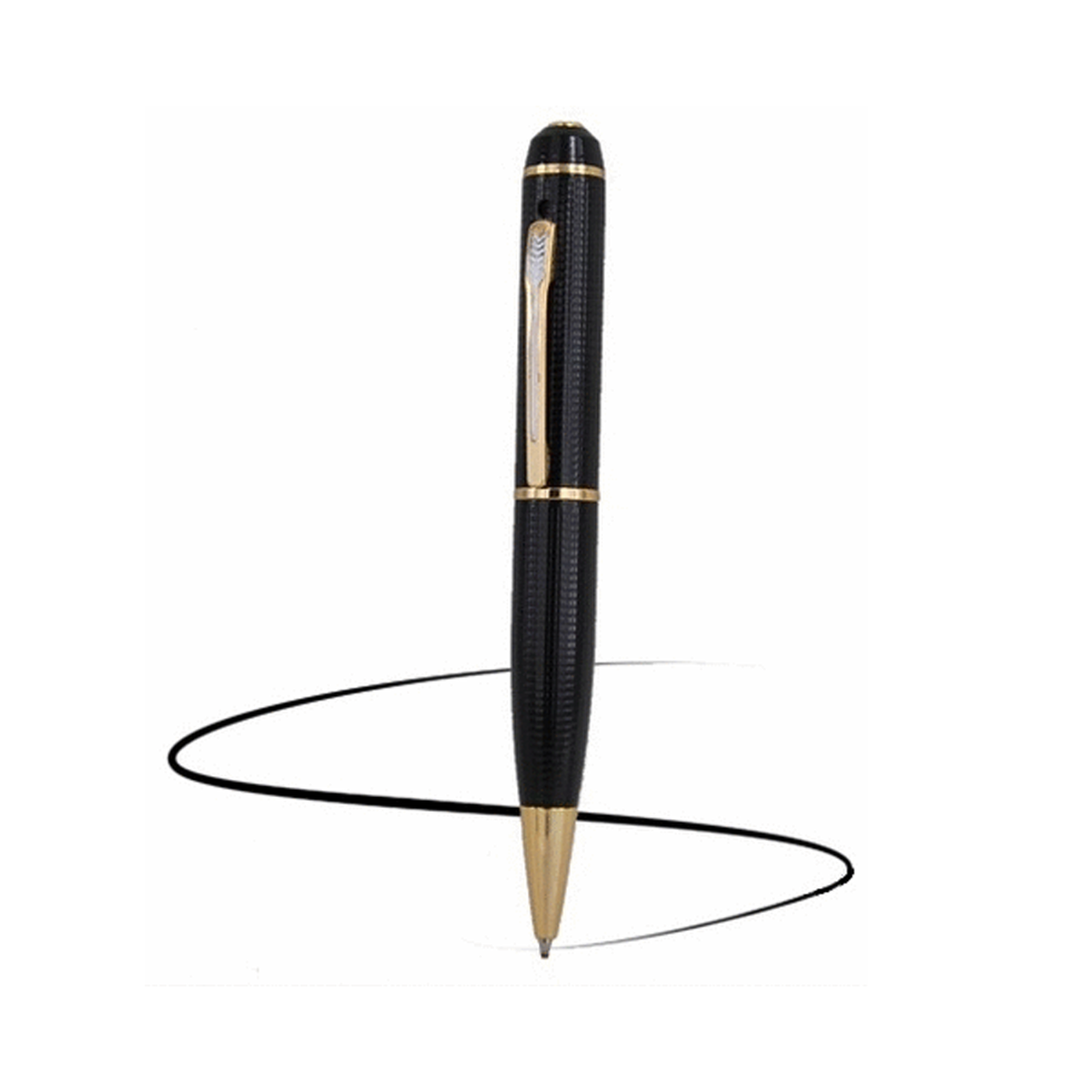
Clock cameras: These cameras are designed to look like regular clocks and can be placed on a wall or bookshelf. They are great for capturing video and audio in a living room, office, or bedroom.
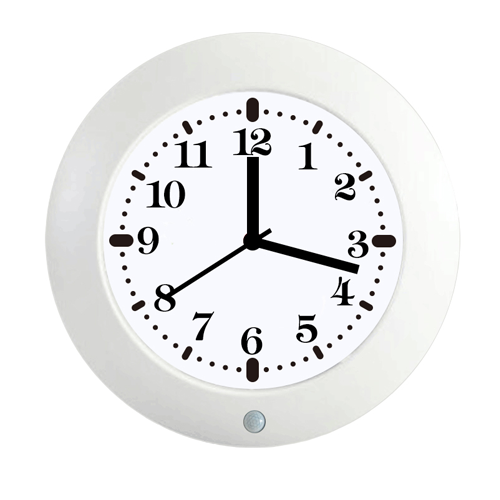
Smoke detector cameras: Keep a watchful eye on your space with smoke detector cameras! These special devices are cleverly disguised as regular detectors and can record audio and video - even from far away. Installation is easy-peasy, too; just pop the camera up on any ceiling for unobtrusive security in no time.
Wall outlet cameras: These cameras are designed to look like a regular wall outlet and can be placed in a room; they can be powered with a plug. They are great for capturing video and audio in a room with a power outlet.
Hidden spy cameras in everyday objects: These cameras can be hidden in everyday objects like teddy bears, keychains, or alarm clocks. They are great for capturing video and audio in a variety of different settings, such as a baby's room, office, or vacation home.
USB charger cameras: These cameras are designed to look like a USB charger; they can be plugged into a power outlet and charging device at the same time. They are great for capturing video and audio in a room where you would expect to find a charging device.
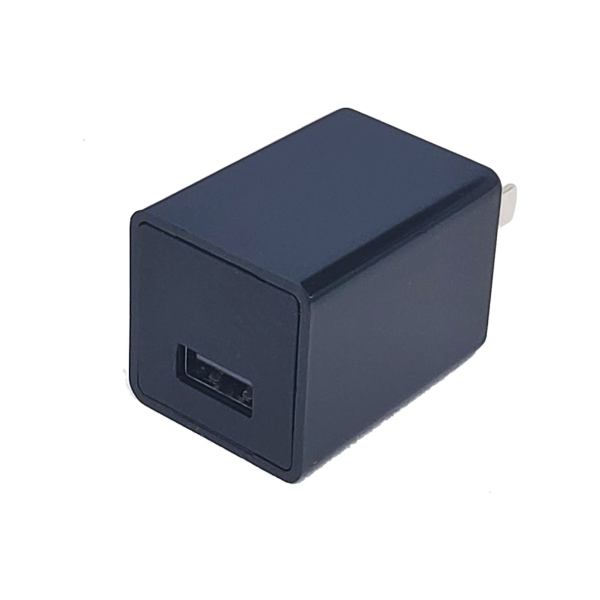
Wi-Fi cameras: These cameras can be connected to your home or office Wi-Fi network, allowing you to remotely view live footage on your phone or computer. They can be hidden in various objects, such as books, plants, or light bulbs.
These are just a few examples of the different types of hidden cameras available on the market today. Each type has its unique set of features and capabilities, so it's important to choose a well-suited camera for your specific needs. Additionally, laws regarding the use of hidden cameras vary depending on the country, state, and context of the usage; it's always best to consult a lawyer or a legal expert if you have any doubts.
Tips for Dealing With the Aftermath of Being Spied on by a Hidden Camera
Discovering that a hidden camera has spied on you can be a traumatic experience. It's important to take the appropriate steps to deal with the aftermath to ensure that you are protected and that justice is served. Here are some tips for dealing with the aftermath of being spied on by a hidden camera:
Remove the camera: The first step is to locate and remove the camera. If you are unable to remove the camera yourself, consider hiring a professional to do it for you.
Report the incident: Report the incident to the police immediately. Provide them with any information you have about the camera and its location, as well as any other relevant details.
Document evidence: Collect as much evidence as you can. Take photographs of the camera and its location, and make a list of any other evidence that may be useful to the police.
Get a restraining order: If you believe the person who placed the camera is a danger to your safety, consider obtaining a restraining order to protect yourself and your family.
Seek legal action: If the person who placed the camera is known to you, consider taking legal action against them. A lawyer can help you understand your options and guide you through the process.
Seek professional help: The emotional impact of being spied on can be significant. It may be helpful to seek professional help to deal with any trauma you may be experiencing.
Secure your devices: If you suspect the person who placed the camera may have also hacked your device, change all your passwords and install reputable anti-virus and anti-malware software on your computer and mobile devices.
Secure your home: Consider installing a security system to protect yourself and your home from further intrusion.
It's important to remember that the aftermath of being spied on by a hidden camera can be a difficult and stressful time. Be sure to take the necessary steps to protect yourself, your loved ones, and your property, and seek legal and professional help. Additionally, laws regarding hidden cameras and privacy vary by country, state, and context; it's best to seek legal advice if you have any doubts.
Conclusion:
Hidden cameras can seriously threaten your privacy and security, and it's important to take steps to protect yourself from being bugged by them. By being aware of the signs of hidden camera usage, using a hidden camera detector, securing your home, making use of privacy tools, and keeping your devices updated, you can reduce the risk of being caught.

